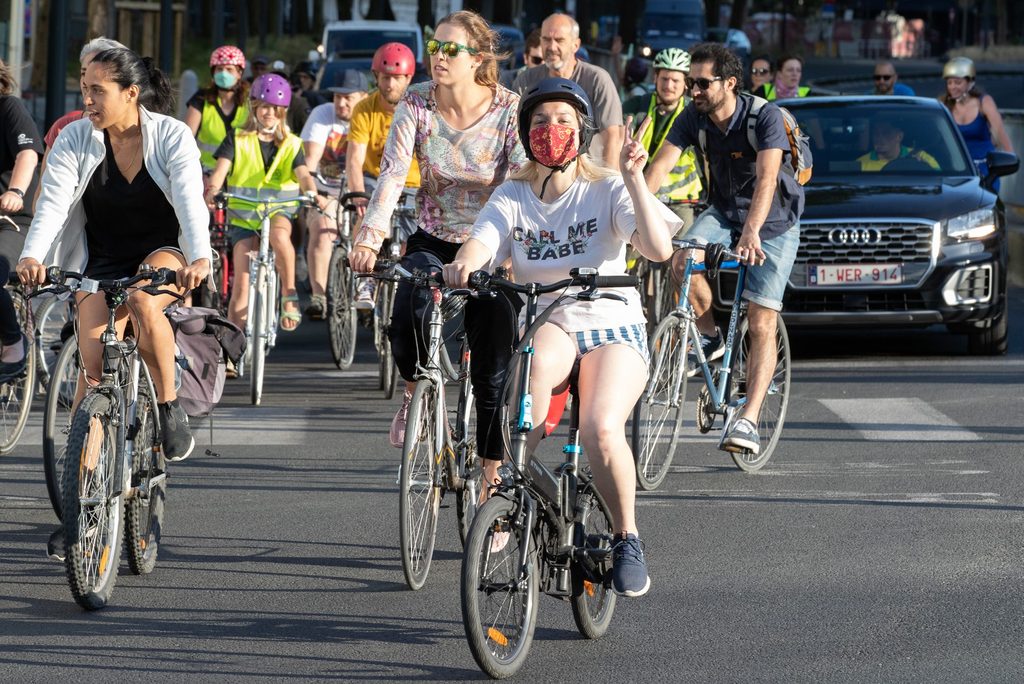Despite an increased budget, the reformed Bruxell’air bonus remains hugely underused, Anne-Charlotte d’Ursel, MP and chair of the Mobility Committee in the Brussels Parliament, said on Thursday.
The liberal Reformist MP challenged the Brussels Minister for the Environment, Alain Maron, of the green Ecolo party on the results of the new version of the green transport premium.
“An additional 25,000 vehicles were excluded from the Low Emission Zone (LEZ) in 2022, but only 2,089 people applied for a Bruxell’air bonus. Have the remaining 23,000 households bought a new car? Were they not sufficiently informed to receive the bonus? Is the bonus too little for what is needed?” the Liberal MP asked in a press release.
The reformed Bruxell'air bonus was launched in March 2022 and is available to people who give up their car for an alternative green mode of transport, notably bicycles or public transport. Since 2022 the bonus is adjusted to income, with beneficiaries receiving between €500 and €900 to finance the purchase of bicycles, a STIB subscription or access to a carsharing service.
Earlier this year, Environment Minister Alain Maron rejoiced at the fact that the number of recipients had tripled, reaching 2,300 people, with 60% of them being low-income households.
Not enough
For Anne-Charlotte d’Ursel, even the increased value of the bonus is insufficient to equip a family with bicycles or cover the costs of STIB season tickets for more than one year. It is far from enough to purchase a cargo bike or electric vehicle.
The MP believes that a majority of families prefer to buy a new vehicle but due to a lack of purchasing power and information, they lose their means of transportation.
Around a third of the planned budget for the bonus was not used. D'Ursel has called for the Bruxell’air bonus to be opened up for the purchase of electric vehicles.
Related News
- Brussels green belt in running for National Park title
- Runners and walkers rejoice! Brussels to optimise pedestrian routes
- Belgium's climate transition will create thousands of jobs, government study shows
The MP also discussed the LEZ bonuses, which are available for regional companies to acquire a vehicle compatible with the Low Emissions Zone regulations. She says that only 11 such bonuses were granted last year despite a review of the scheme; 6,700 companies had to stop using vans that were deemed too polluting.
Ultimately, d’Ursel argues that the policy to entice companies away from fossil-fuelled vehicles must be accompanied by targeted measures that account for the different sizes of companies and types of activity.

